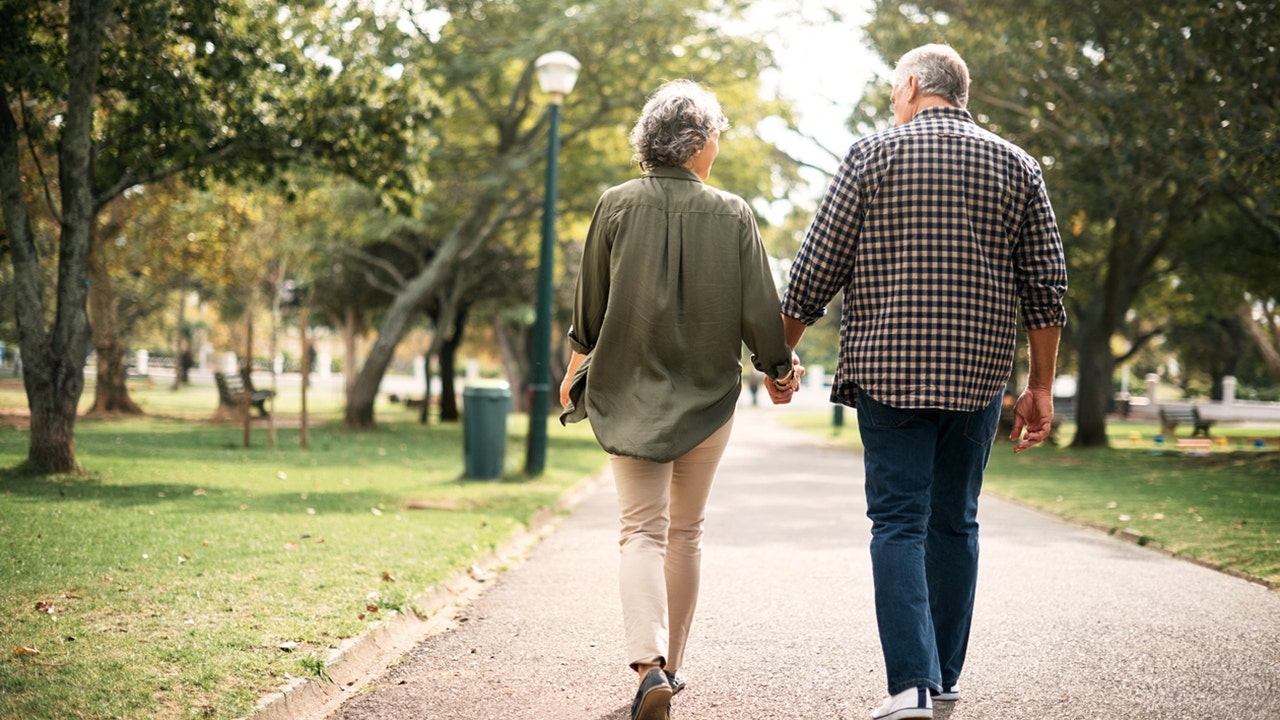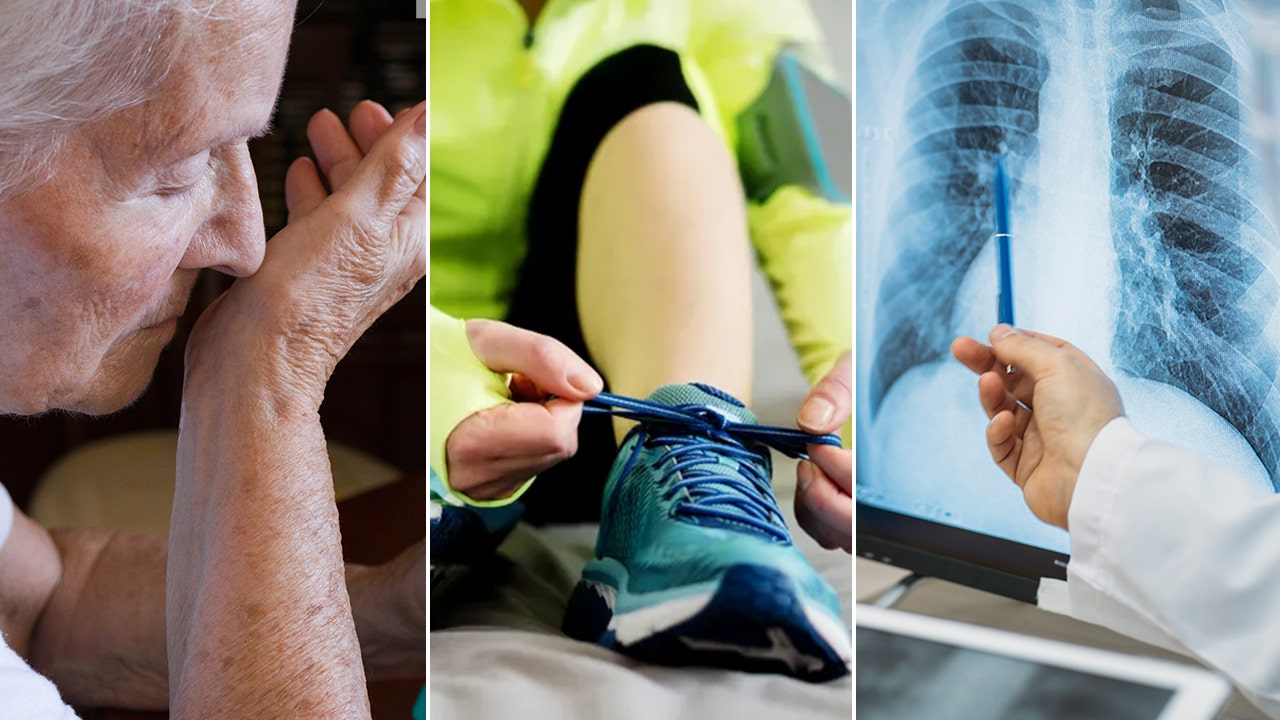Canada’s energy drink crackdown needs more than recalls to dissuade kids, say parents and teachers
Every year, Juliet Brown watches teenagers cluster together and one-up each other about who got the least amount of sleep the night before. Later, between classes, she’ll watch as the same groups buy energy drinks from a nearby gas station to fight off heavy eyes.
“There seems to be this celebration of fatigue … like, ‘Oh, I stayed up until 3:00. Well, I stayed up until 4:00,’ ” said Brown, a high school educator in Burnaby, B.C., with three children of her own.
“Then if you add energy drinks or something with that caffeine, you’ve got a perfect storm of kids who are both tired and overstimulated.”
Brown is among the parents who say they’re glad to see Canadian officials seemingly cracking down on caffeine-loaded energy drinks, but who also agree pulling the drinks off shelves won’t be enough — any recalls need to be paired with tighter rules and a better understanding of influencer marketing if they’re going to make a dent in a billion-dollar market.
“That’s the huge mountain for us to be climbing,” said Brown.
Advertisers, influencers reaching teens online
Adults have long worried about energy drinks not only for the caffeine content, but the way they’re aimed at young customers. The drinks come in neon cans and fruit flavours like peach mango and strawberry lemonade, appealing to teenagers who might still cringe at the bitter taste of coffee.
Companies’ advertising strategies target those same teenagers, according to a study published in April.
Researchers from the University of Ottawa found posts mentioning Canadian energy drinks reached more than 351 million users across Facebook, Instagram, Twitter (now known as X), Reddit, Tumblr and YouTube between 2020 and 2021 — a total that still doesn’t include TikTok, arguably the most popular app and influencing channel in the world.
“We know the advertising online for energy drinks is reaching millions and millions of people … they’re using a lot of techniques that are very appealing to teenagers and appealing to children,” said Monique Potvin Kent, an associate professor of epidemiology and public health at the University of Ottawa.
The drinks also pop up on TikTok, a platform that can celebrate productivity. Content creators post videos of themselves ranking different brands, restocking drink fridges or bringing cans along for all-nighters studying in school libraries.
One influencer-backed brand, Prime, proved so popular this spring, an elementary school principal in Prince Edward Island banned them from its campus.
“I brought home one of those Prime drinks and my son goes, ‘Mom! That’s such-and-such’s favourite drink,’ ” said Jacqueline Sheppet, a high school teacher at Lord Byng Secondary School in Vancouver whose son recently graduated.
“I think the issue there is how easily kids are influenced by what they see on TikTok. That’s the bigger message. It’s not the caffeine in the drink, it’s kids not being able to distinguish between a product and … well, they’re called influencers for a reason.”
The Canadian Food Inspection Agency is recalling a highly caffeinated version of the Prime Energy drink that is not approved for sale in Canada after discovering it was being sold in Quebec, Ontario and Alberta.
List of recalled drink brands up to 27
The drinks are packed with caffeine, even by adult standards.
A can of Monster Energy contains about 160 milligrams of caffeine — triple the amount in a can of Coke. Prime has 200 milligrams in each can, while an extra-strength shot of 5-Hour Energy has 230 milligrams — both beyond the 180-milligram limit allowed under Canadian law.
Pediatricians have warned high levels of caffeine are harmful to children, potentially leading to obesity, diabetes and diseases affecting the heart. Psychologically, kids could experience panic attacks, irritability and anxiety.
Health Canada’s recommended maximum caffeine intake for children up to age 18 is 2.5 milligrams per kilogram of body weight.

More than two dozen energy drink brands were deemed potentially unsafe this summer because of their high caffeine content, according to recalls issued by the Canadian Food Inspection Agency (CFIA). Customers should not drink the products and retailers who don’t pull them from their shelves risk being fined or temporarily losing their licence, the CFIA’s notices said.
The CFIA did not make investigators available for an interview, but said the recalls were triggered after “routine” inspections. It also said most of the products on the recall list were made elsewhere and not meant to be sold in Canada.
“The majority of the recalled products … have been imported by third parties and sold in stores across Canada. Consumers may have also purchased the products online,” an email read.
Officials are up against a growing market: Energy drink sales in Canada jumped from $851 million to $1.1 billion between 2018 and 2022, according to Euromonitor, a market research firm.
Sales are expected to hit $1.5 billion by 2027.
The influencer industry is worth far more, projected to hit $21.1 billion this year.
Companies and influencers in Canada are not allowed to advertise energy drinks to children under 12, but there are no restrictions on marketing to teenagers.
Proposed legislation before the House of Commons would restrict the advertising of certain foods and drinks to children under 13, but Potvin Kent argued the law should cover children up to age 17.
Recalls a ‘step in the right direction’
Brown said recalling certain energy drinks is “an excellent step in the right direction,” but it needs to be backed up with stronger education around both health and marketing.
“I think adults need to take way more responsibility for how our kids consume, not by taking [products] away, but by having those conversations with them and giving kids an opportunity to recognize the ways in which media and marketing manipulate them,” said Brown, who’s worked in schools for 18 years.
“It’s an adult problem to solve. We can’t put it on the kids.”





